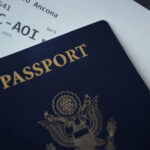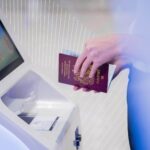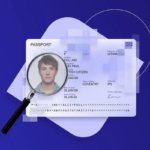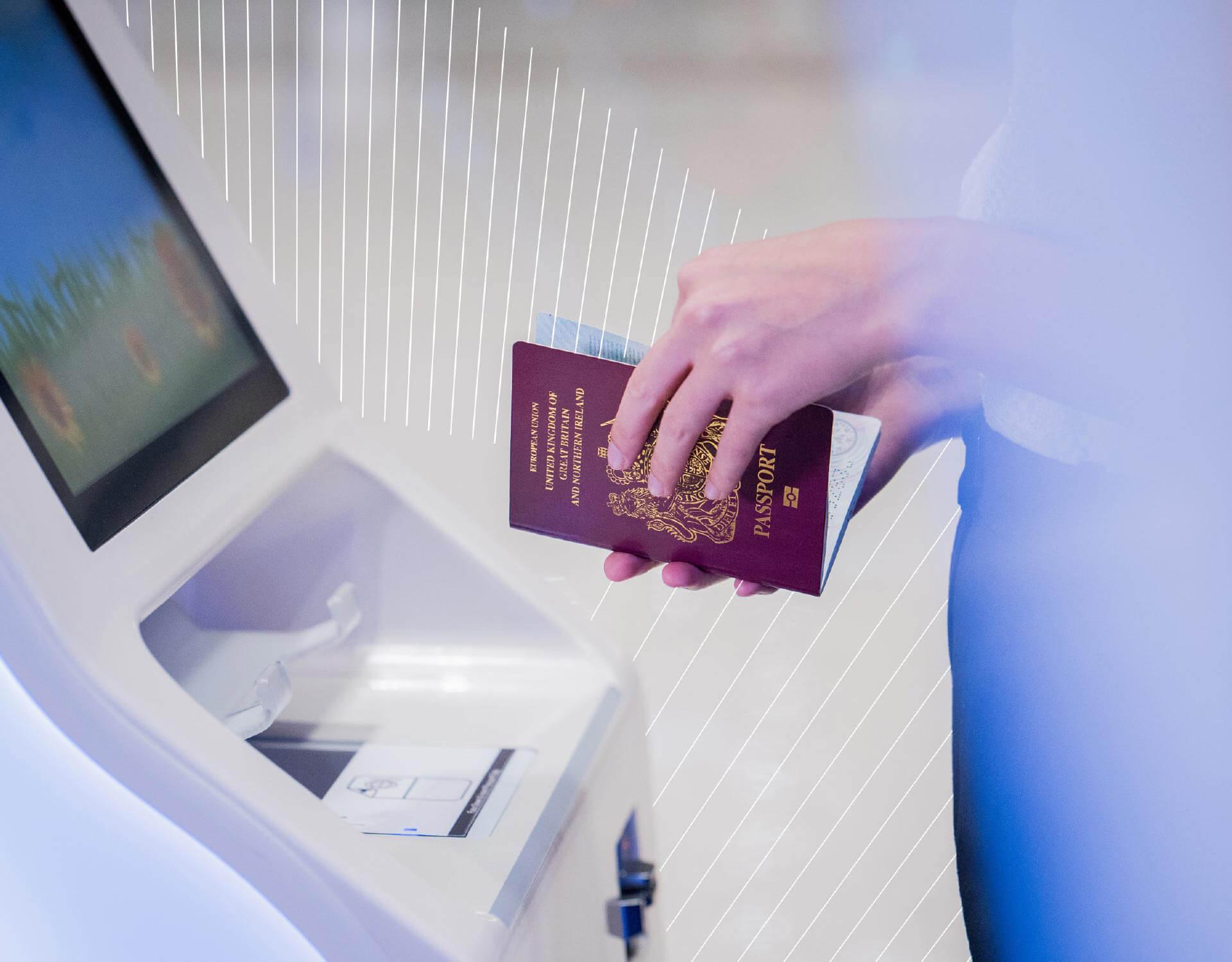
The need to combat the circulation of illicit travel documents has become a paramount concern for nations worldwide. Criminal organizations and individuals with nefarious intentions exploit the vulnerabilities of cross-border travel to engage in illegal activities. To address this pressing issue, countries have joined hands to develop and implement international efforts aimed at curbing the circulation of fraudulent passports.
INTERPOL’s Global Platform
The International Criminal Police Organization, commonly known as INTERPOL, serves as a linchpin in the global fight against fake passports. Interpol maintains a comprehensive database containing information on lost and stolen travel documents reported by member countries. This extensive platform enables real-time sharing of critical data, empowering border control agencies worldwide to identify and intercept individuals attempting to use fraudulent documents.
The Travel Document Initiative
The United Nations’ Travel Document Initiative plays a crucial role in harmonizing global efforts against illicit passports. This initiative aims to establish international standards for the issuance and authentication of travel documents. By facilitating cooperation among member countries, it strengthens their capabilities to identify forged documents and provides a framework for the exchange of best practices in travel document security.
The ICAO’s Efforts
The International Civil Aviation Organization (ICAO) has been at the forefront of promoting secure and reliable passports. It established ICAO Document 9303, a global standard for Machine-Readable Travel Documents (MRTDs), which include e-passports with biometric features. These biometric passports have significantly enhanced document security, making it difficult for counterfeiters to produce convincing replicas.
Strengthening Border Control Cooperation
Recognizing the interconnectedness of global security, countries have intensified their cooperation on border control measures. Joint training exercises, workshops, and information sharing have become common practices among border control agencies to improve their ability to detect and intercept individuals using fraudulent documents. Such cross-border collaboration fosters a unified front against the circulation of fake travel documents.
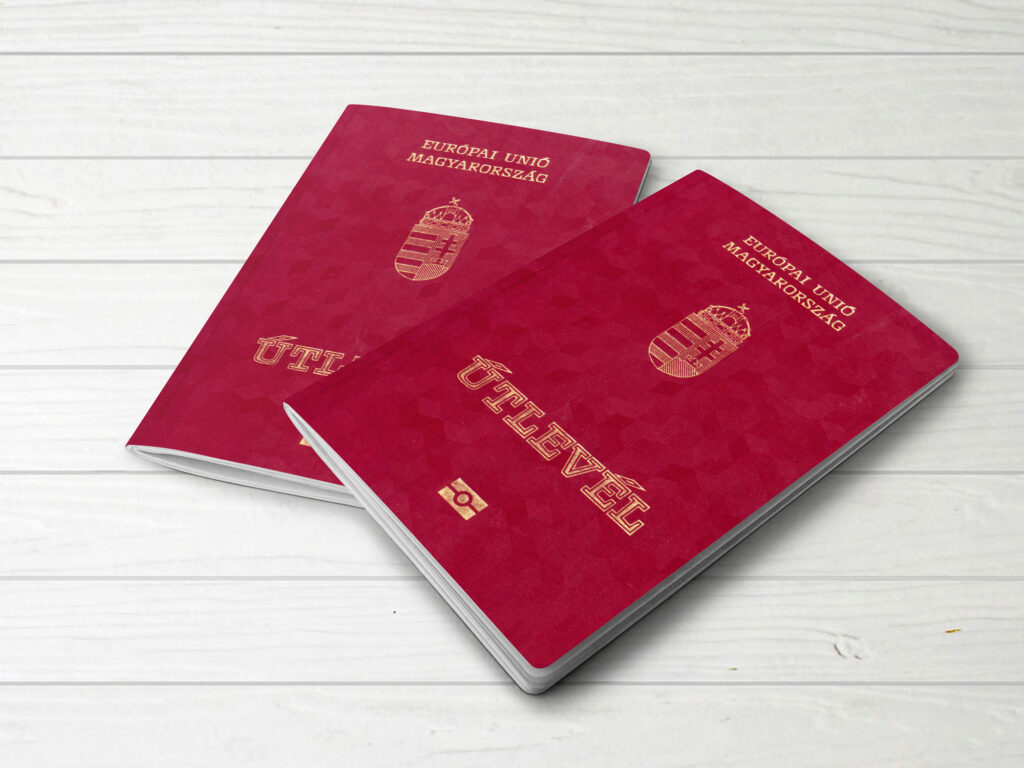
Advanced Document Authentication Technologies
As technology continues to advance, countries are investing in state-of-the-art document authentication technologies. Cutting-edge features such as holograms, watermarks, microprints, and RFID chips are incorporated into modern passports, rendering them extremely difficult to counterfeit. By equipping border control agents with the necessary tools and training, countries can maintain a higher level of vigilance against fraudulent travel documents.
Information Sharing and Intelligence Cooperation
Timely and accurate intelligence sharing is critical to identifying and disrupting networks involved in the production and distribution of fraudulent passports. Countries collaborate through secure communication channels to share intelligence on:
- known counterfeiters,
- smuggling routes,
- and emerging trends.
This information exchange ensures that border control agencies remain one step ahead of criminals attempting to exploit the system.
